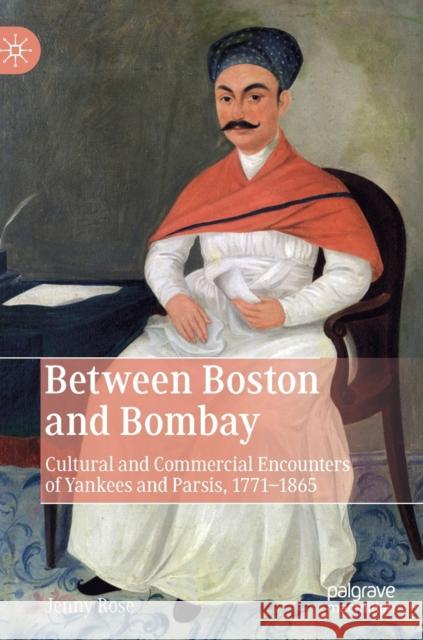Between Boston and Bombay: Cultural and Commercial Encounters of Yankees and Parsis, 1771-1865 » książka
topmenu
Between Boston and Bombay: Cultural and Commercial Encounters of Yankees and Parsis, 1771-1865
ISBN-13: 9783030252045 / Angielski / Twarda / 2019 / 328 str.
Between Boston and Bombay: Cultural and Commercial Encounters of Yankees and Parsis, 1771-1865
ISBN-13: 9783030252045 / Angielski / Twarda / 2019 / 328 str.
cena 363,12
(netto: 345,83 VAT: 5%)
Najniższa cena z 30 dni: 327,68
(netto: 345,83 VAT: 5%)
Najniższa cena z 30 dni: 327,68
Termin realizacji zamówienia:
ok. 22 dni roboczych.
ok. 22 dni roboczych.
Darmowa dostawa!
Kategorie BISAC:
Wydawca:
Palgrave MacMillan
Język:
Angielski
ISBN-13:
9783030252045
Rok wydania:
2019
Wydanie:
2019
Ilość stron:
328
Waga:
0.71 kg
Wymiary:
21.01 x 14.81 x 2.69
Oprawa:
Twarda
Wolumenów:
01
Dodatkowe informacje:
Wydanie ilustrowane











